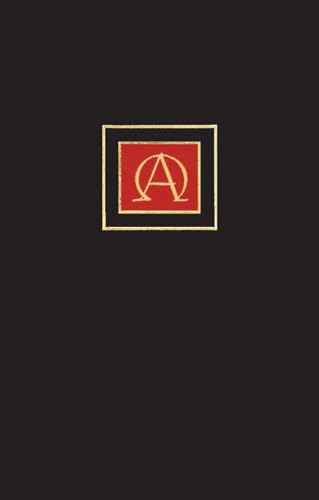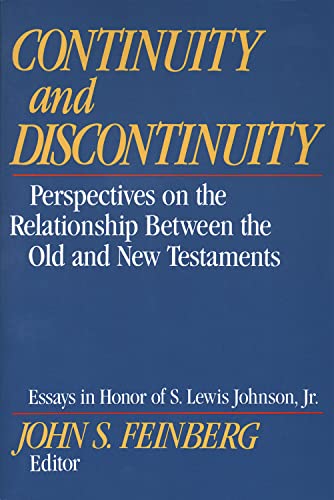The Philosophy of Religion 1875–1980
Written by Alan P. F. Sell Reviewed By Richard SturchThe first thing to note about this book is that it is a narrative history of the philosophy of religion in the period covered. This reviewer originally expected something on the lines of John MacQuarrie’s Twentieth Century Religious Thought, with summaries of the ideas of major thinkers. What we actually are given is an account of the running debate within philosophy of religion, and references are as likely to be to reviews in the Expository Times as to major works. It is a pleasure to add that the book is well written, and no difficulty to read as far as style is concerned.
It is not meant to introduce to the field, as Professor Sell makes clear in his introduction. Such books are usually arranged by theme, covering (say) arguments about the existence of God in one chapter and those about religious language in another. This begins just before the heyday of Absolute Idealism in Britain, and continues past its rise and fall, through the times when analytic philosophy was almost uniformly hostile to religion of any kind, and on to what he calls the ‘almost open house’ of the present day. Geographically, he concentrates on the British Isles. (There is, therefore, only a limited amount on existentialism.) He is not completely consistent here, though. Josiah Royce has a brief section to himself; so does Paul Tillich; and the final chapter includes discussions of the process philosophers and—a useful point for evangelical readers, as they are often ignored—the Calvinist presuppositionists, schools which flourish chiefly in America or on the Continent. (There are some process theologians in Britain, but Sell limits himself to the American ones.) I presume it was this concentration on British thought that led to the very curious omission of William James, whom one would have thought quite an important figure in the philosophy of religion, but who is not mentioned at all except in a couple of passing references which have nothing to do with his own thought.
I should imagine that theologians and theological students will find this book helpful chiefly as a kind of glorified bibliography. Professor Sell has read, and in his book alludes to, a vast amount of material, and anyone who wants to know, not only what books (say) Ian Ramsay wrote but also something about reactions to his work by contemporaries will find this book very useful. I doubt if they will find it easy going as a straightforward read. Although it reads quite easily, it presupposes a fair acquaintance with the philosophical background. It is assumed that the reader has at least some idea of what Bradley, or Whitehead, or Wittgenstein were getting at, so that the writer can draw out their place in the religious debate without having to explain their philosophical stance from the beginning. Indeed, some of his references are rather tantalizing. When one is told, for instance, that Thomas Brophy and R. F. Aldwinckle have both written articles on the subject ‘Is there a Christian philosophy?’ (p. 234), but is not told what their answers were, nor (if these were positive) what they thought a Christian philosophy would be like, one is likely to feel slightly cheated. Of course, the result may be to send one to the original articles, which is no doubt all to the good; but it would have been helpful to have been told a little more in advance.
It may be that this book will be more helpful to philosophers than to theologians. It could help them learn how theologians reacted to the various trends in philosophy that have appeared since 1875; it could also, if they are not specialists in the philosophy of religion, help them learn how that particular department of philosophy has developed within these trends.
It is also, at its price, likely to be more help to the rich or extravagant than to the poor and thrifty.
Richard Sturch
Islip, Oxfordshire







